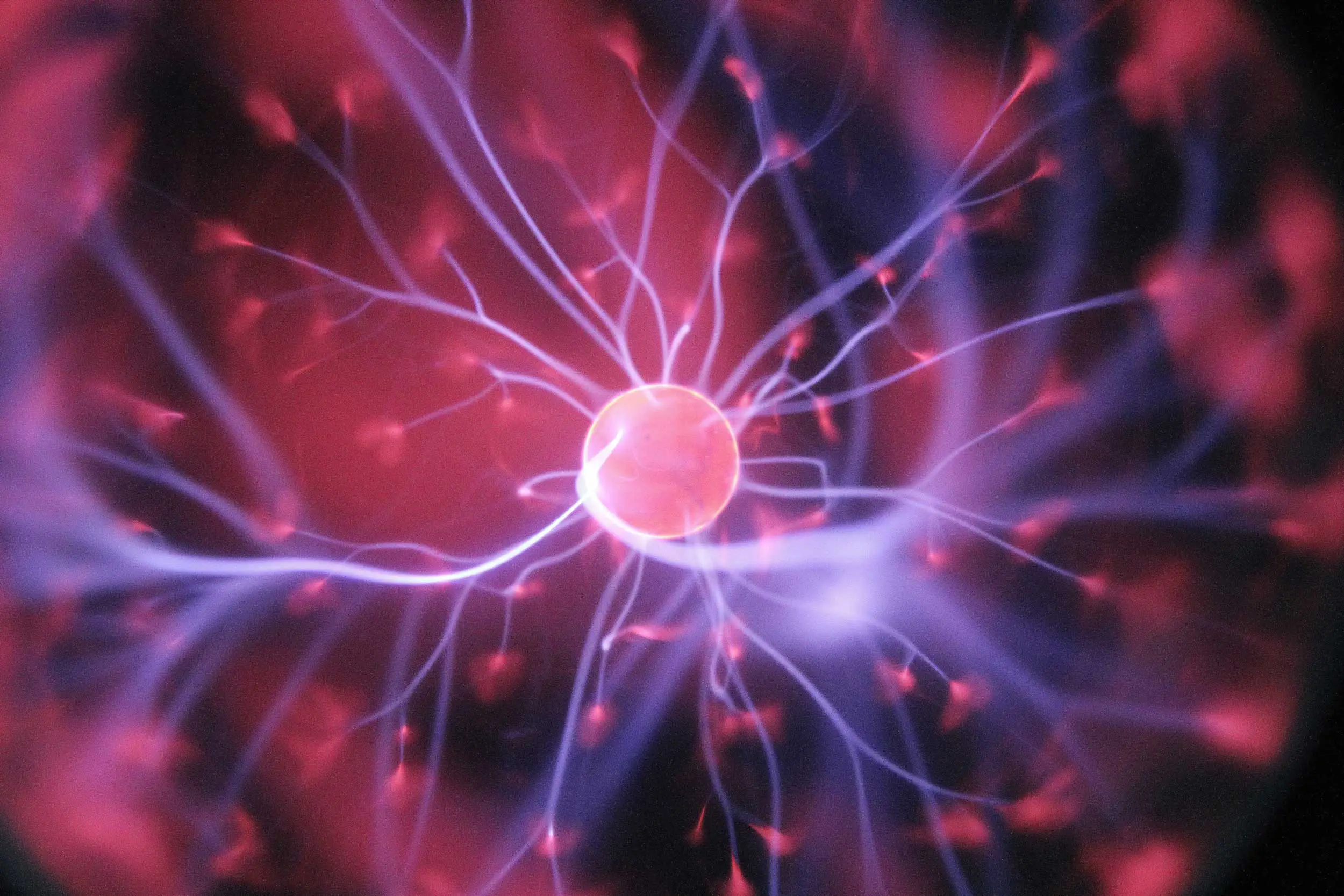What is Cocaine?
Cocaine is a powerful, psychotic stimulant that increases the levels of the brain chemical dopamine, creating a euphoric high. Dopamine is the chemical in the body that controls pleasure and reward pathways.
Both cocaine and crack cocaine addiction can bring an abundance of negative consequences that may affect every aspect of the user’s life.
Cocaine is a strong, highly addictive stimulant made from Coca leaves. It was originally used in South America as a painkiller. The purified chemical Cocaine Hydrochloride has since been isolated from the plant and made into what we know today as cocaine.
The most common form of cocaine is Cocaine Hydrochloride, a white powder often mixed or cut with other substances. Crack cocaine takes the appearance of white or pinkish crystals which is extracted from the powder then mixed with baking soda and heated. The powdered form is commonly snorted, but it can also be rubbed on the gums, swallowed, or melted and injected with a needle directly into the vein.
Our qualified and passionate team are ready to support
you through your recovery journey.
At Seahaven Private, we want to build your skills and a community of support around you for the best recovery journey possible.
We provide clients with accessible, evidence-based tools to help:
Manage addictive behaviours
Make healthy choices
Move toward resilience, peace, and success in life.


The effects of cocaine may be felt almost immediately, but it tends to only last for five minutes to an hour. The short-term effects of cocaine can include:
- euphoria
- energy
- talkativeness, hypersensitivity to sound, light and touch
- decreased appetite
- short-term memory loss.
Large amounts of cocaine may also lead to bizarre, erratic, and violent behaviour. Some other physiological effects may include:
- Increased body temperature, heart rate and blood pressure
- Heart rhythm disturbance and heart attacks
- Headaches, seizures, and stroke
- Hardening of the arteries
- Deviated septum
- Reproductive issues.
Users often combine cocaine with alcohol which may lessen the negative short-term effects of cocaine, such as anxiety and twitching. This combination is especially dangerous as it can create cocaethylene. This has a toxic effect on the liver and heart.

Cocaine may negatively affect mental health, even with only mild use. These may be either short-term or long-term effects and may include the following even when not under the influence:
- anxiety
- depression
- paranoia
- extreme mood swings
- panic attacks
- hallucinations and delusions
- irritability
- violent or aggressive behaviors.
Seeking the next high can become all-consuming. Users may disregard family or work commitments and resort to stealing to pay for their addiction. Some people may behave in unreliable and dishonest ways. They may often isolate themselves from their loved ones.

Cocaine addiction is an expensive habit. Just one gram can cost anywhere from $300-$400 in Australia. To put this in perspective, a person on the lower end of the using scale may buy two grams per week. This equates to $41,600 per year spent on just the drug alone.
Other expenses caused by cocaine addiction may include:
- legal fees
- drug-related fines
- increased health insurance premiums
- increased car insurance premiums if you have an accident while high.
Abusing cocaine and other drugs may also make a person significantly less productive. They may start to take absentee days from work more often, and when they do attend, their quality of work could be sub-par. Poor work performance can mean:
- missing out on promotions or bonuses
- reduced shifts
- loss of employment completely.
The above information sourced from: drugabuse.com.

Cocaine users report feelings of euphoria, which may often lead to repeated use. The brain may adapt by making the reward pathway less sensitive to natural reinforcers such as relationships, food, and other natural rewards. At the same time, circuits involved in stress may become increasingly sensitive. This may cause increased displeasure and negative moods for users when not on the drug (harmonyridgerecovery.com).
Cocaine users may become increasingly isolated and avoid social situations. Personal hygiene may become less important. Users may demonstrate changes in behaviour such as mood swings, stealing, lying, and being unreliable. Ultimately, these behaviours can negatively impact social relationships.

When cocaine addiction enters the mix, many elements that make for successful relationships may become more difficult to maintain. Once a substance user progresses from occasional use to addiction, they are likely to have a single focus: obtaining and using the substance.
To users, relationships may compete with the euphoric experience of substance use. The user may typically put less time and energy into maintaining the relationship, allowing various damaging elements to begin to surface:
- secrecy
- trust issues
- anger and abuse
- enabling
- co-dependency.
Co-dependency can develop as the loved one may not believe the user can function independently. As such, they may feel that they need to control the user. They could also be willing to compromise their own needs, wants, and beliefs to keep their loved one calm and content.
The information above is sourced from: drugabuse.com.
Know the Warning Signs
By recognising the signs of cocaine addiction and use, you can get your loved one the help they need to recover.
sourced from addictioncenter.com
Common signs of cocaine use may include:
We believe that change and growth are possible for everyone as long as they are committed to recovery.
We acknowledge the diversity in the nature of individuals and the many aspects of their lives; physical, psychological, spiritual and social.
We tailor our drug and alcohol rehab programs to each client’s individual needs. Taking a holistic approach, we aim to address the underlying issues driving addiction.